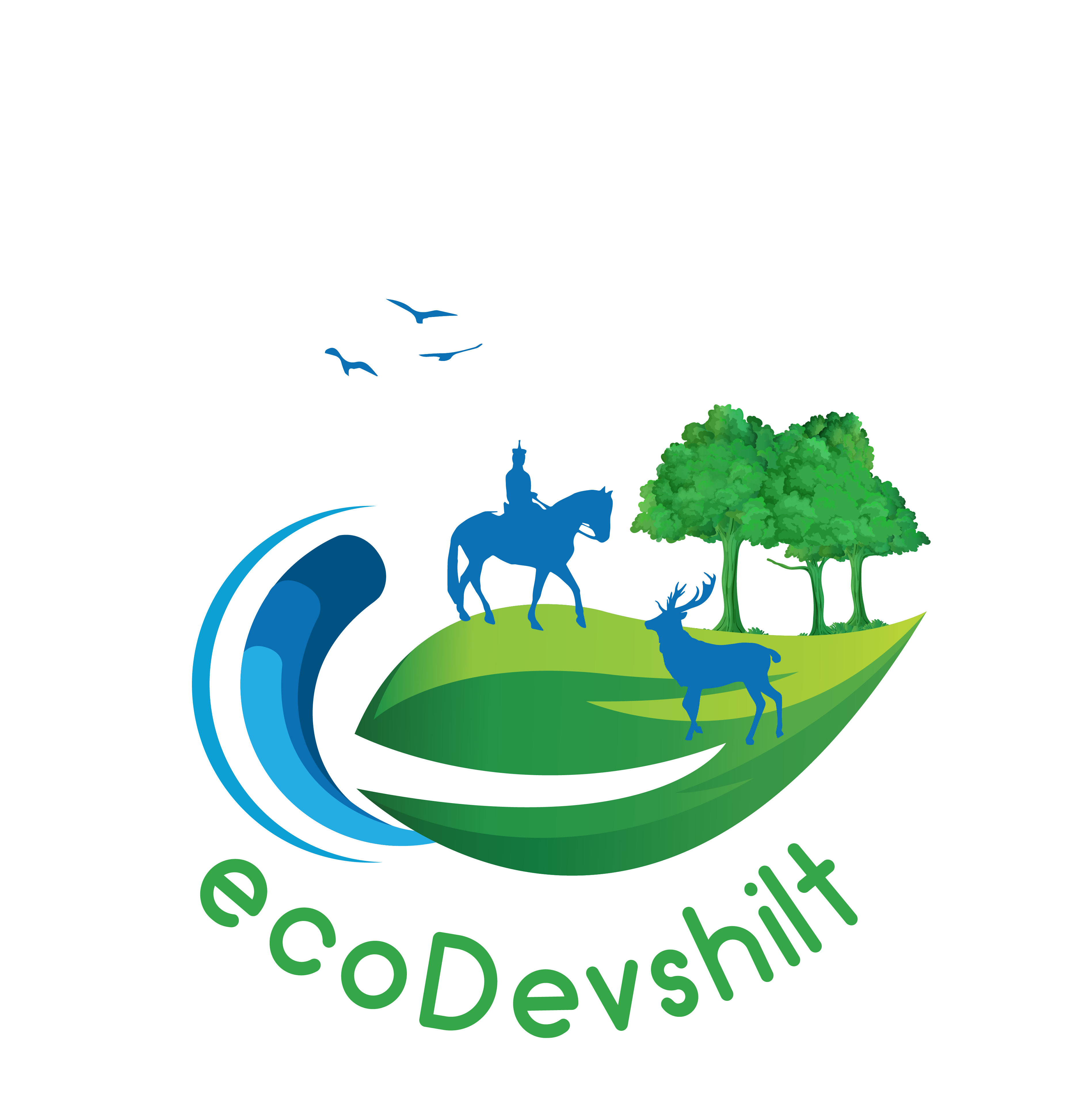As part of our organization’s 2020–2024 project, “Conservation of Ecosystem Services Through Waste Management in Hovsgol National Park, Northern Mongolia,” we successfully piloted and carried out a food waste composting initiative to reduce the amount of waste sent to landfills.
In 2023 and 2024, Hovsgol Travel Toilogt Camp actively participated in this effort. During this time, we sorted 2,075 tons of food waste at the source, recycled it, and transformed it into compost.
As a result, instead of sending the waste to landfills, we turned it into a useful, environmentally friendly product—compost. This process also helped reduce greenhouse gas emissions that would have been produced by landfilling food waste.
Composting food waste brings multiple benefits, including:
- Improving soil fertility and structure
- Enhancing water retention
- Reducing the overall amount of waste
- Lowering the need for chemical fertilizers
- Creating social and economic value
- Positively contributing to climate change mitigation







